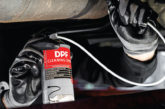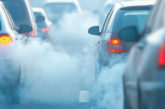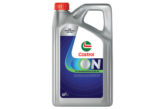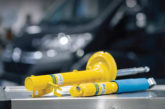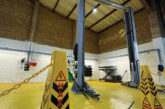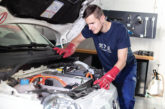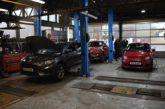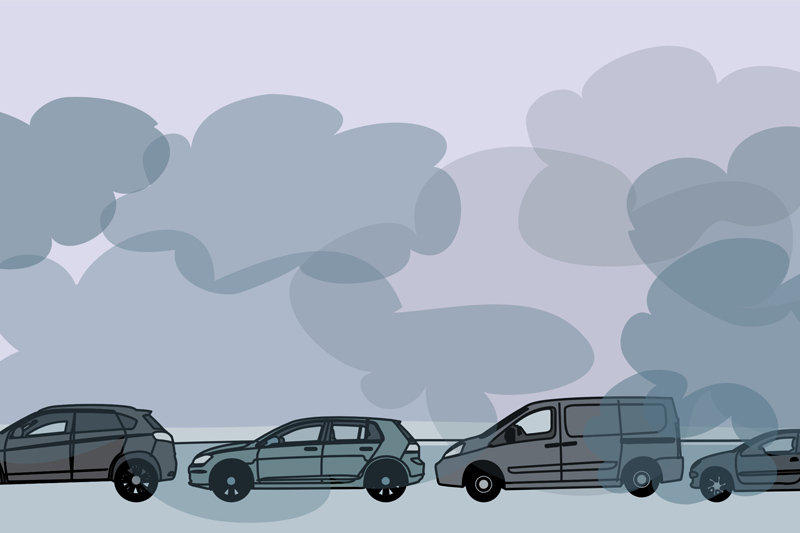
Although the automotive aftermarket can offer excellent levels of customer service, Motaquip argues that there is one area where main dealers are surging ahead and outperforming their independent rivals.
A main dealer will always replace a vehicle’s cabin filter as part of a service; in the aftermarket, though, this rarely happens.
The role of a cabin filter
A cabin filter provides a multitude of vital functions: the safe and hygienic removal of pollen, particulates – diesel particulates, more specifically – bacteria and micro-organisms from the air entering a vehicle’s cabin. In addition, active carbon filters will also remove odours.
Typically, a cabin filter should be replaced every 12-15,000 miles – in line with standard vehicle manufacturer guidelines. For many applications, both standard and active carbon filters are available to fit, while, often, ‘premium’ vehicles will only be fitted with an active carbon option.
Sticking to service intervals or having a cabin filter replaced regularly can help prevent health hazards for drivers and passengers, as well as mechanical issues, which are more obvious to detect than others.
Regular replacement can aid allergy sufferers, like those who experience hay fever, as well as individuals with respiratory issues, such as asthma.
From a driver and passenger perspective, cabin filter replacement can help eradicate driver and passenger tiredness, concentration levels, headaches, watery or itchy eyes; poor demisting/de-icing of windows and that greasy film over all glass surfaces.
Motorist education
Crucially, motorists should and need to understand that a cabin protected by a clogged filter can create up to 10 times the pollution levels of outside air and impede fresh air entering the cabin as pollutants build up and can’t dissipate.
In any one year, 12 million people in the UK are likely to be seeking treatment for allergies*. With one-in-five of the population affected, it is easy to see the importance of any measures designed to reduce symptoms experienced by sufferers.
Technicians should take this alarming data on-board and relay it back to customers that may be reluctant to agree a cabin filter replacement – no matter what the season is. Their initial reservations should change quickly.
It’s important to have a clean and efficiently-working cabin filter – it’s as simple as that – but, for some reason, it’s not happening – why?
From experience, there are three main arguments put forward by technicians for not replacing cabin filters:
- Customers won’t pay for them. That excuse should be dismissed – if the damning health figures are shown to customers and the benefits are clearly and simply explained to them.
- Some technicians don’t know the location of a cabin filter and, if they do, they’re usually unsure of how long it will take to be fitted.
- Garage owners have said that to compete for and win servicing work, they exclude cabin filters from their quote to keep costs down. In this instance, they should offer the replacement as an additional job.
Motaquip ready to help
The Motaquip range of cabin filters deliver great efficiency levels in air and fluid movement and are constructed from premium quality materials to ensure longevity. Materials, equipment and processes are extensively tested – often beyond regulations – with zero fault tolerance.
Notable additions in the latest Motaquip new-to-range cabin filter list:
- LVCF587: Carbon cabin filter Mercedes C, GL, Class, (2012-onwards)
- LVCF629: Carbon cabin filter Fiat 500, Panda; Ford Ka (2008-onwards)
- LVCF622: Carbon cabin filter Fiat 500L, 500X; Jeep Renegade (2015-onwards)
- LVCF639: Standard cabin filter Renault Scenic, Traffic (2009-onwards); Vauxhall Vivaro (2014-onwards)
- LVCF640: Standard cabin filter Mercedes V Class, Vito (2015-onwards)
- LVCF641: Standard cabin filter Mazda 2 (2015-onwards)
To help technicians, Motaquip provide fitting instructions for a wide range of vehicles, which are normally included in the box, but they are also available at www.motaquip-ecat.co.uk. Most cabin filter replacements are straightforward; in normal circumstances, they should take no longer than 15-30 minutes.
(*Royal College of Physicians, 2003)

